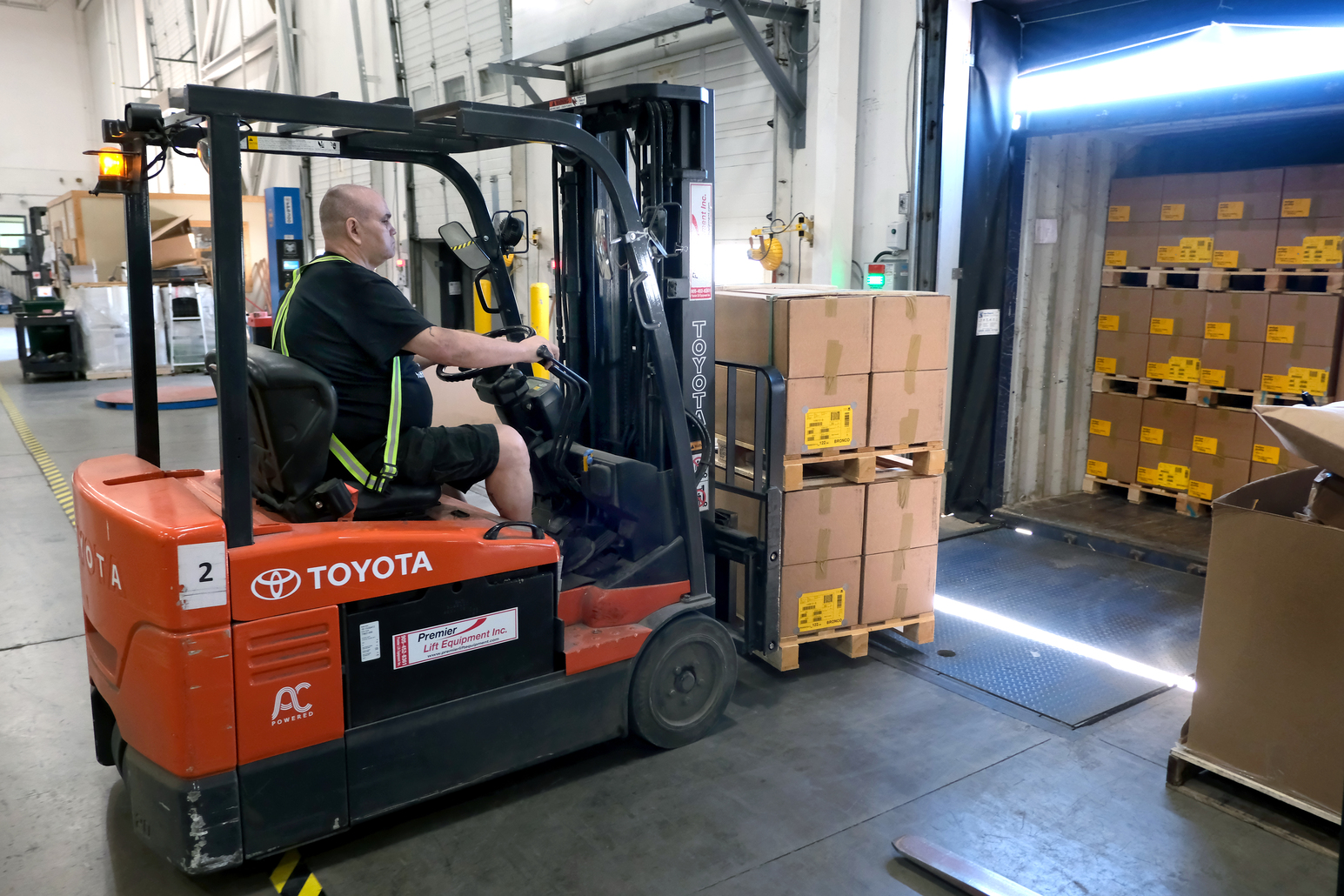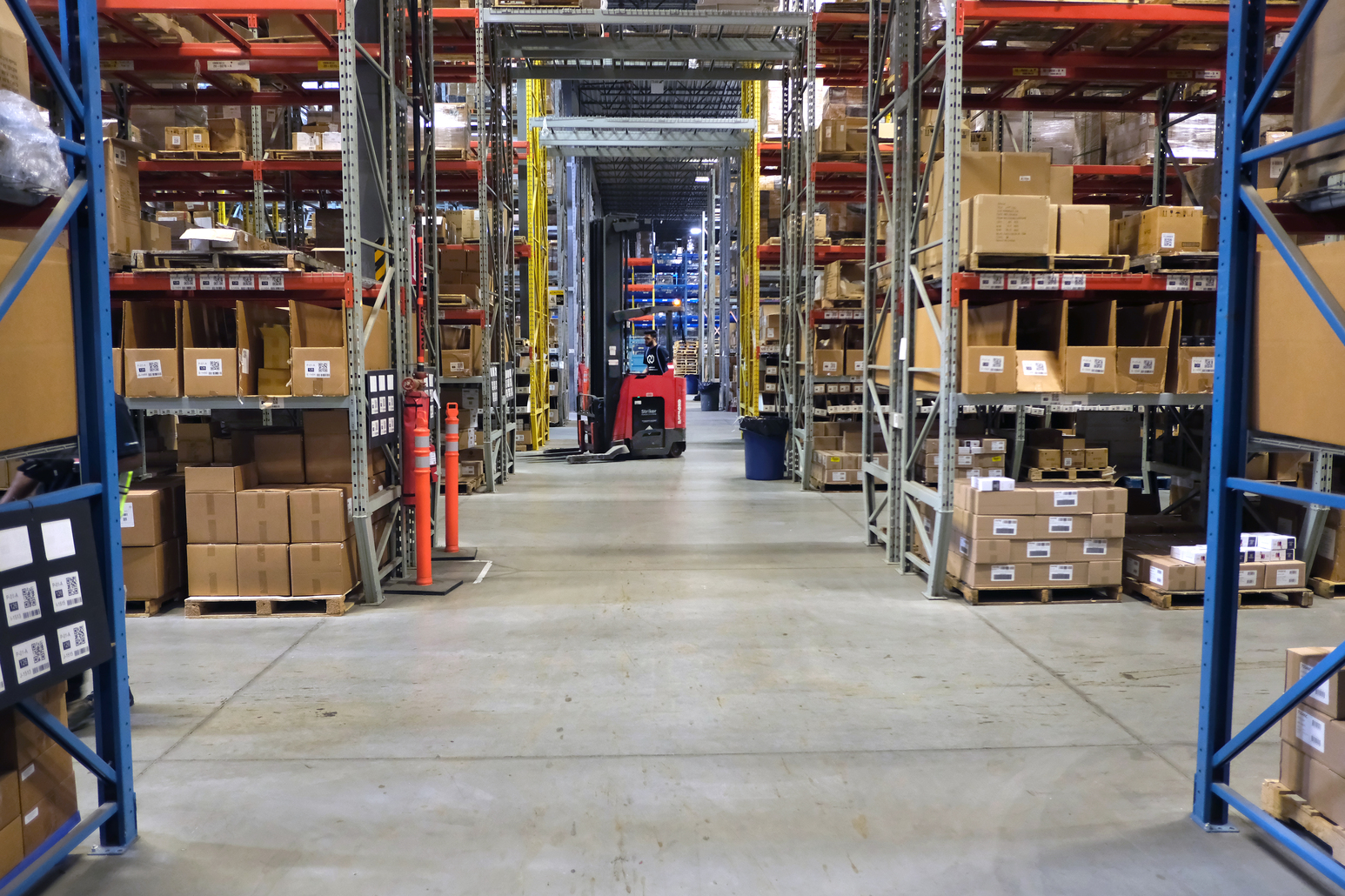As a major importer, not to mention the largest trading partner of the United States, Canada is a major consumer of many types of goods – perhaps the ones your company produces or distributes. Many manufacturers and distributors of all types of products know that the Canadian market is growing, and they take advantage of these opportunities to attain their company’s financial growth goals. Canada is also often considered the next logical market for US based companies that are already established and want to tap into another similar market.
In this article are outlined some ideas that can increase your profit margin or decrease your expenses so you can take greater advantage of the Canadian marketplace. In addition to revealing possible hurdles, you will learn some solutions, like acting as a Non Resident Importer, that can streamline the process and reduce the amount of resources you need to make tap into this market.
First, the process of getting your goods from your factory into the Canadian market can be complex, and – to the unwary – expensive as well. If you undertake all of this yourself, you need to know be aware of some issues or bottlenecks you may run into.
Fortunately, you will also learn;
- Solutions like the NRI program to streamline this process
- Improve customer satisfaction
- Increase your bottom line.
Navigating the Customs Labyrinth
Using your own resources to coordinate your imports into Canada can be a tedious process, and can take your employees a significant amount of time to complete correctly. You need to be aware of the potential regulations governing your product and its admission into Canada. You may also have to process payments to different parties for duties, taxes, potential customs inspections, transportation related fees, etc. Maintaining clear and accurate records such as NAFTA Certificates of Origin, import permits, B3s and all other customs related documentation is also a must, so proper processes must be in place for records retention in case you get audited.
You will have to determine the appropriate valuation on the products you are sending to Canada (which will serve as the basis for the duties). Valuation issues can be complex, so it is a good idea to have a working relationship with an agency that can help with such issues, such as knowing what can be deducted from the initial value.
At the border, goods may undergo an inspection process. You need to provide certificates, bills of lading, permits, and other paperwork. Once your goods are in Canada, you will also need to consider warehousing for your goods that do not pass immediately to the buyer.
Compliance is vital for establishing a good relationship with the Canadian Border Services Agency (CBSA). This means adhering to reporting guidelines and meeting all the requirements which govern the movement of commercial goods to and from Canada. One challenge is to properly classify your own goods on customs forms according to Canadian standards (which are not identical to those in every country – including the United States). Errors in this step can lead to penalties and fines which of course will erode your profit margin.
If you want to customs clear shipments yourself without a self-clearance option from your broker, you have to go in person to a customs office to clear your own goods. Very large corporations that meet CSA security standards have the option to be connected directly with CBSA and process their own clearances, but there are strict requirements to get approved and most companies will not want to spend the time and resources to do so.
I don’t have a business or office in Canada – How do I get started?
Of course, these tasks might be much easier if you had a business physically located in Canada. But what if there were an easier way for Non Resident Importers – one that would allow you act as the Importer Of Record into Canada without actually requiring you to be there? The good news is that there is such a solution: Canada’s Non Resident Importer Program (NRI).
Tip #1 Become an NRI
An NRI (Non-Resident Importer) is a firm which, in most cases does not have a physical presence in Canada. However, for purposes of Customs and Canadian Goods & Service Tax (GST), the firm acts as the importer of record for goods sold or consigned into Canada.
Some of the main advantages to your company of becoming a registered Non Resident Importer include:
- Sell to your clients based on landed costs – in your pricing you can include transportation, customs clearance, duties and GST
- Be easier to do business with and offer your clients with door-to-door service, including customs clearance
- More control over your product until it gets to your client’s door
Tip #2 Establish a relationship with a reliable customs broker
A good customs broker will reduce the manual data entry needed and in some cases may be able to practically automate the clearance process for your shipments to Canada. They will also improve compliance and visibility over the clearance process. They will also ensure that your documents are managed in one secure place.
Some customs brokers are able to provide greater control over transportation and logistics (especially those that also deal with freight forwarding). You want a broker who can deal with inbound AND outbound freight in case you have to return freight from Canada. As a NRI, this can be quite crucial.
If you are – or anticipate being – a large volume importer (over 500 shipments yearly into Canada), you may want to consider partnering with a customs broker who can offer you the possibility of handling customs clearance yourself through their system, with their support, at a reduced cost. Only a few brokers across Canada offer this possibility, which can lead to better internal control of your imports and yield huge costs savings.
Whether your firm is large or small, you want visibility at all times. By visibility, we mean that you want to know where your goods are at every step of the way. By working with a customs broker that also handles your transportation, they can help provide that visibility by tracking all of your shipments at all times. Your customs broker can also keep the necessary records on file for easy inspection by the CBSA, all in one safe place.
Taxation, Canadian Goods and Service Tax
Concerning taxation, specifically the Canadian Goods and Service Tax (GST), different options are available, which might be more advantageous to you: for example, as an NRI, you can register with Revenue Canada and recover some of the taxes. A good broker can walk you through the process of how to get setup properly, and in addition help you develop the strategy that is best suited for your business. Some also offer to file tax returns on your behalf, making it easier for NRIs to do business in Canada.
A good broker will also offer you personalized service: often times can make a difference, so you want someone who will deal personally with you and help you with your importing issues.
In addition to the above benefits of partnering with a Canadian broker, you may prefer to hold inventory in Canada, in a central location like Toronto in Ontario. This will allow quicker delivery to your clients when the orders are actually placed, since customs clearance and border delays will already have been handled when the inventory was first shipped to Canada. The ideal scenario for those that choose this approach is to partner with a broker that also has a warehousing and fulfillment division, and that can handle receiving your inventory and distributing to your clients exactly as you need. One company to handle all your Canadian logistics related needs, from A to Z.
The Conclusion: The Winning Canadian Strategy
If you are a business that wants to grow its sales and presence in Canada, registering as a Non Resident Important in Canada can be a major game changer. On top of that, instead of occupying your personnel’s time with figuring out logistics and importation processes, there is a clear advantage to partnering with one Canadian logistics company that has the know-how and experience to handle all aspects of your imports into Canada smoothly, and that can act as a true extension of your company. From customs clearance to warehousing and fulfillment to quarterly tax returns to transportation across Canada, find the right partner for your business that will secure your growth in Canada.



